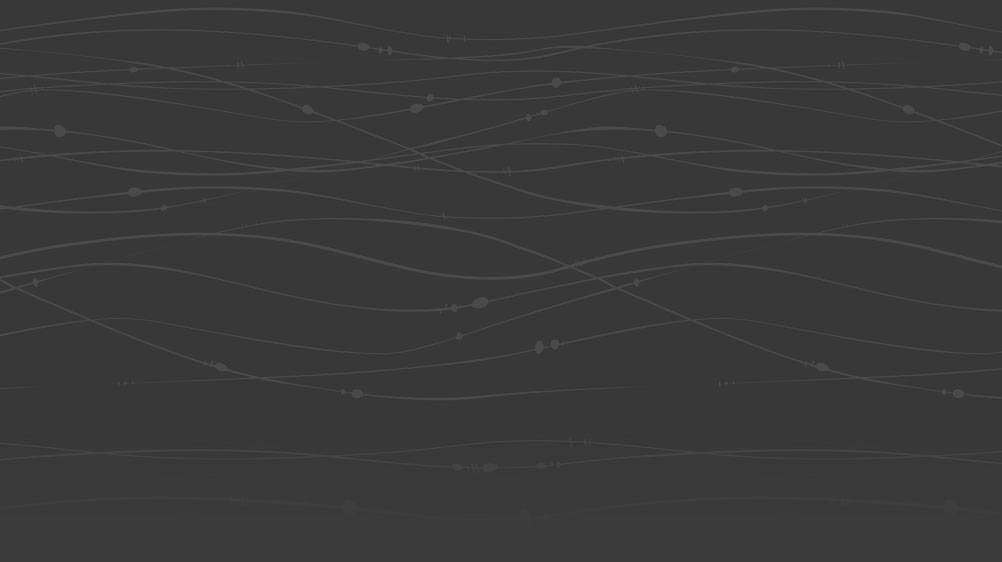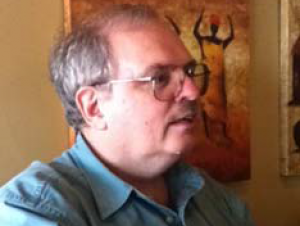

Please join the Great Lakes Center for a seminar presented by Dr. Ronald Griffiths, Ecologist at Oregon State University. The seminar is titled “Benthos Powers Lake Dynamics” and will be held on Thursday, February 27th from 12:15 to 1:30 in the Classroom Building, Room B118.
Management of lake resources (e.g. fishing, swimming, recreation, water quality) requires a framework (model) for understanding of the competing factors that control the dynamic structure of aquatic systems. Presently, classical limnology uses Dillon’s total phosphorus - chlorophyll-a relationships to assess algal and cyanobacterial populations, whereas fisheries biology uses Ricker’s catch-abundance relationships to assess sport-fish populations. However, ecology dictates that the abundance of any species or guild is a balance between a “rate of input” (e.g. environmental productivity, available food supply) and a “rate of loss” (e.g. predation, natural mortality, emigration).
The observed response of Great Lakes ecosystems to the invasion of zebra mussels indicated the missing factor in a framework: BENTHOS! These prolific, filter-feeding machines rapidly covered the benthic sediments, restoring the historical filtering power of the benthic community once provided by various insect species prior to the mid-1950s. Within a few years, the mussels were sufficiently abundant to clear the waters of phytoplankton and sediments, thereby causing a resurgence of aquatic vegetation and altering the distribution and abundance many benthic invertebrate and fish species. A single species positioned in the middle of the food web forced a new ecosystem state to appear, a “center-out approach” to lake dynamics.
Thus, Griffiths provides an alternate framework to better understand algal dynamics in particular, and lake dynamics in general, based on Catastrophe Theory that couples supply (e.g. phosphorus) and demand (e.g. benthos) into a single model. He shows that this framework better explains past observations and experiments.
Note: this seminar was rescheduled from its original date in December.
Some content on this page is saved in PDF format. To view these files, download Adobe Acrobat Reader free. If you are having trouble reading a document, request an accessible copy of the PDF or Word Document.
